
Lung Disease Starts Silently – Spot These Early Signs Before It’s Too Late
Lung disease is one of the most dangerous health conditions because it often progresses silently without showing significant symptoms until it is too late. Many people are unaware of the early signs that could indicate the onset of lung issues, which can lead to serious health complications if left unchecked. Understanding the signs and symptoms of lung disease is crucial for early detection and treatment, as it can significantly improve the chances of recovery and prevent long-term damage.
Lung diseases encompass a variety of conditions, including chronic obstructive pulmonary disease (COPD), asthma, pneumonia, lung cancer, and pulmonary fibrosis. The key to preventing these diseases from becoming life-threatening is to recognize their early symptoms and seek medical attention as soon as possible. One of the first signs of lung disease is often persistent coughing. A cough that lasts for weeks or changes in its pattern, such as coughing up blood or mucus, can indicate underlying issues with the lungs. It is essential to pay attention to these changes and consult a healthcare provider for proper evaluation.
Another early sign of lung disease is shortness of breath. Individuals with healthy lungs can typically take deep breaths and engage in physical activities without feeling out of breath. However, if a person experiences breathlessness after minimal exertion or while resting, it could be a sign of compromised lung function. This is particularly concerning for those with a history of smoking or exposure to environmental pollutants, which can damage the lungs over time.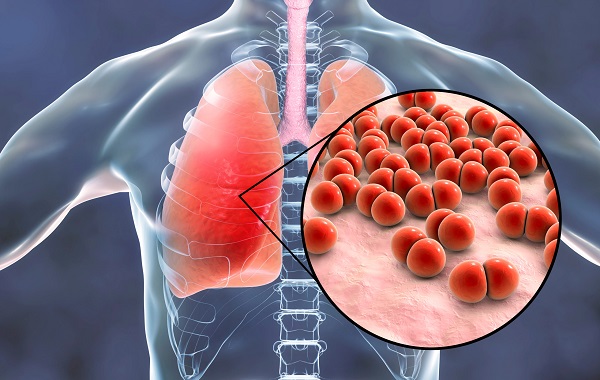
Chest pain is another red flag for lung disease. It may be sharp or dull and can occur with coughing, deep breathing, or physical activity. Although chest pain can be caused by a variety of factors, it should never be ignored, especially if it is persistent or severe. In some cases, it may signal lung infections, blood clots, or even cancer. It is important to seek immediate medical attention if chest pain is accompanied by other symptoms, such as dizziness or fainting.
Fatigue and unintentional weight loss are also early warning signs of lung disease. As lung function declines, the body may struggle to receive adequate oxygen, leading to fatigue, weakness, and unexplained weight loss. These symptoms can be subtle at first, but over time they may become more pronounced. It is important not to dismiss these signs, as they could point to a more serious condition like lung cancer or pulmonary disease.
Wheezing, a high-pitched whistling sound during breathing, is another common early sign of lung disease. It often occurs when the airways are narrowed or blocked, as seen in conditions like asthma or COPD. People who experience wheezing, especially in combination with other symptoms like coughing or shortness of breath, should seek medical advice promptly.
In addition to these symptoms, changes in the color of the skin or lips can also indicate a problem with lung function. When the lungs are not effectively oxygenating the blood, the skin may take on a bluish tint, particularly around the lips or fingertips. This condition, known as cyanosis, can be a sign of severe lung disease and requires immediate medical attention.
Early detection of lung disease is crucial in preventing further damage and improving the quality of life for patients. Regular check-ups with a healthcare provider, especially for those at high risk, can help identify lung problems before they become critical. People who smoke or are exposed to environmental toxins should be especially vigilant about monitoring their lung health.
In conclusion, lung disease often starts silently, with symptoms that may seem mild or easy to dismiss at first. However, by recognizing early signs like persistent coughing, shortness of breath, chest pain, fatigue, and wheezing, individuals can take proactive steps to seek medical help and potentially prevent more severe complications. Early intervention is key to managing lung disease effectively, and with proper care and attention, individuals can maintain better lung health and avoid the devastating consequences of untreated lung conditions.
News in the same category

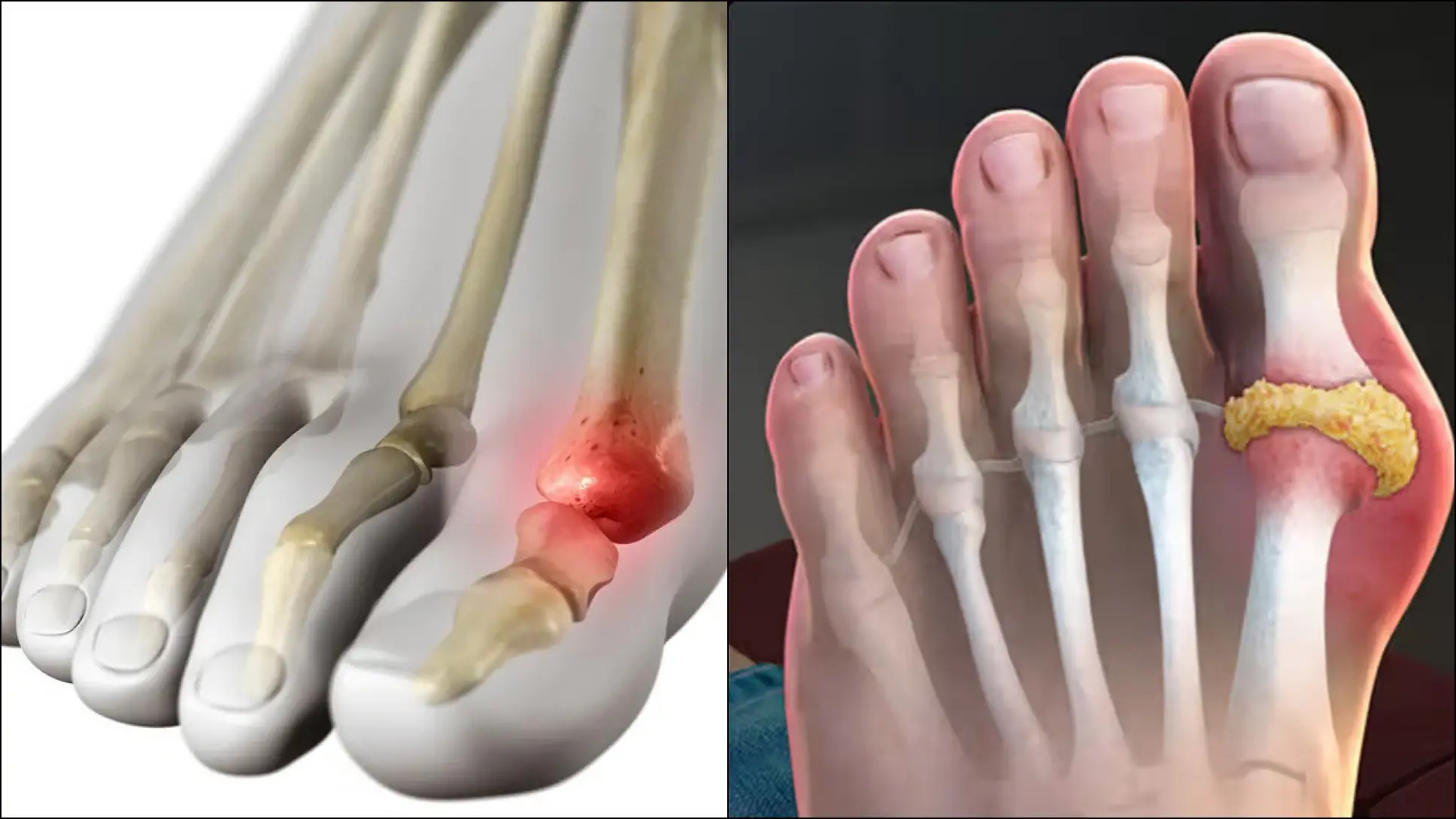
HOW TO QUICKLY REMOVE URIC ACID CRYSTALLIZATION FROM YOUR BODY TO PREVENT GOUT AND JOINT PAIN

When to Worry About Veins That Appear Out of Nowhere
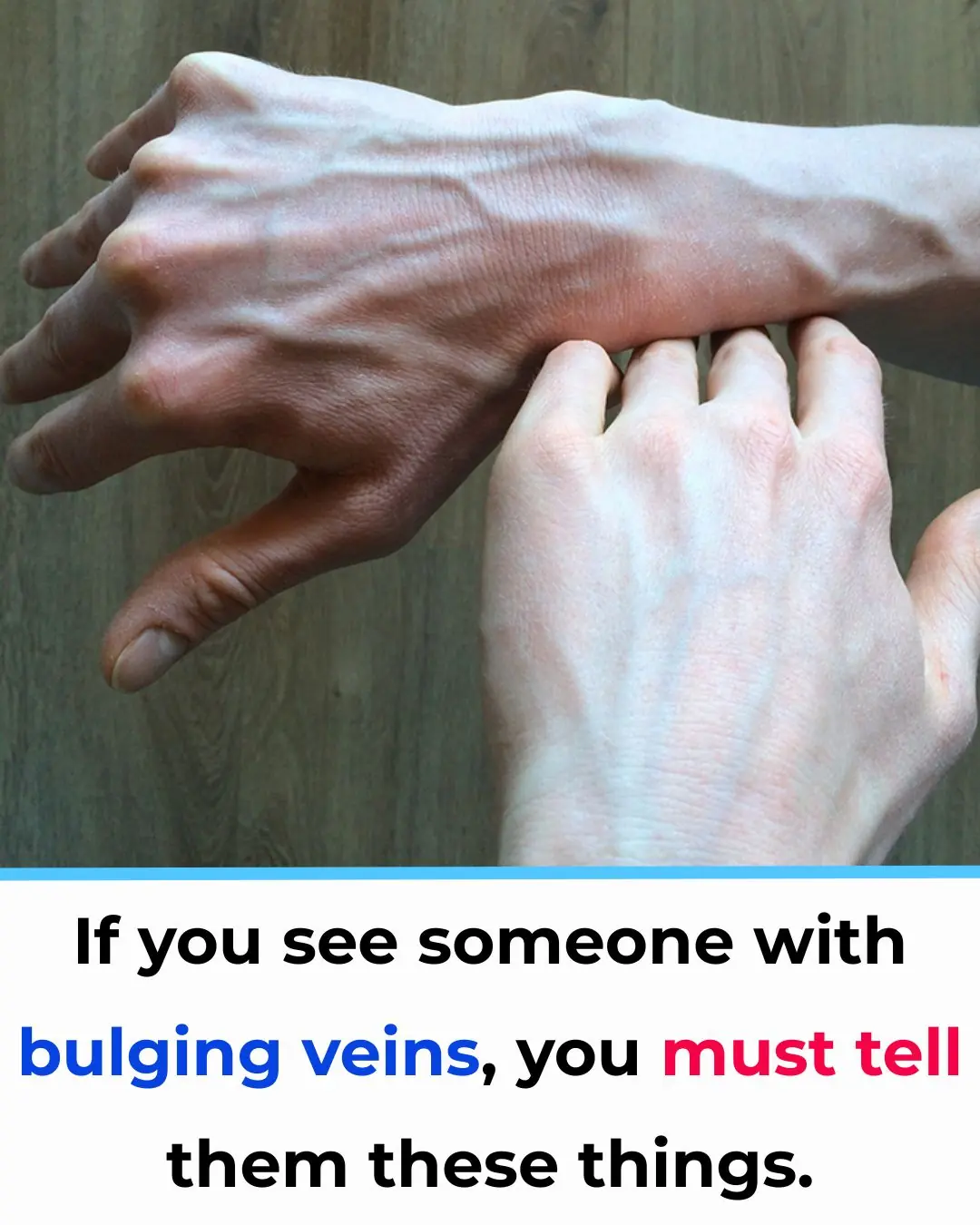
If You See Someone With Prominent Blue Veins, You Definitely Need to Tell Them This—It Could Save Their Life
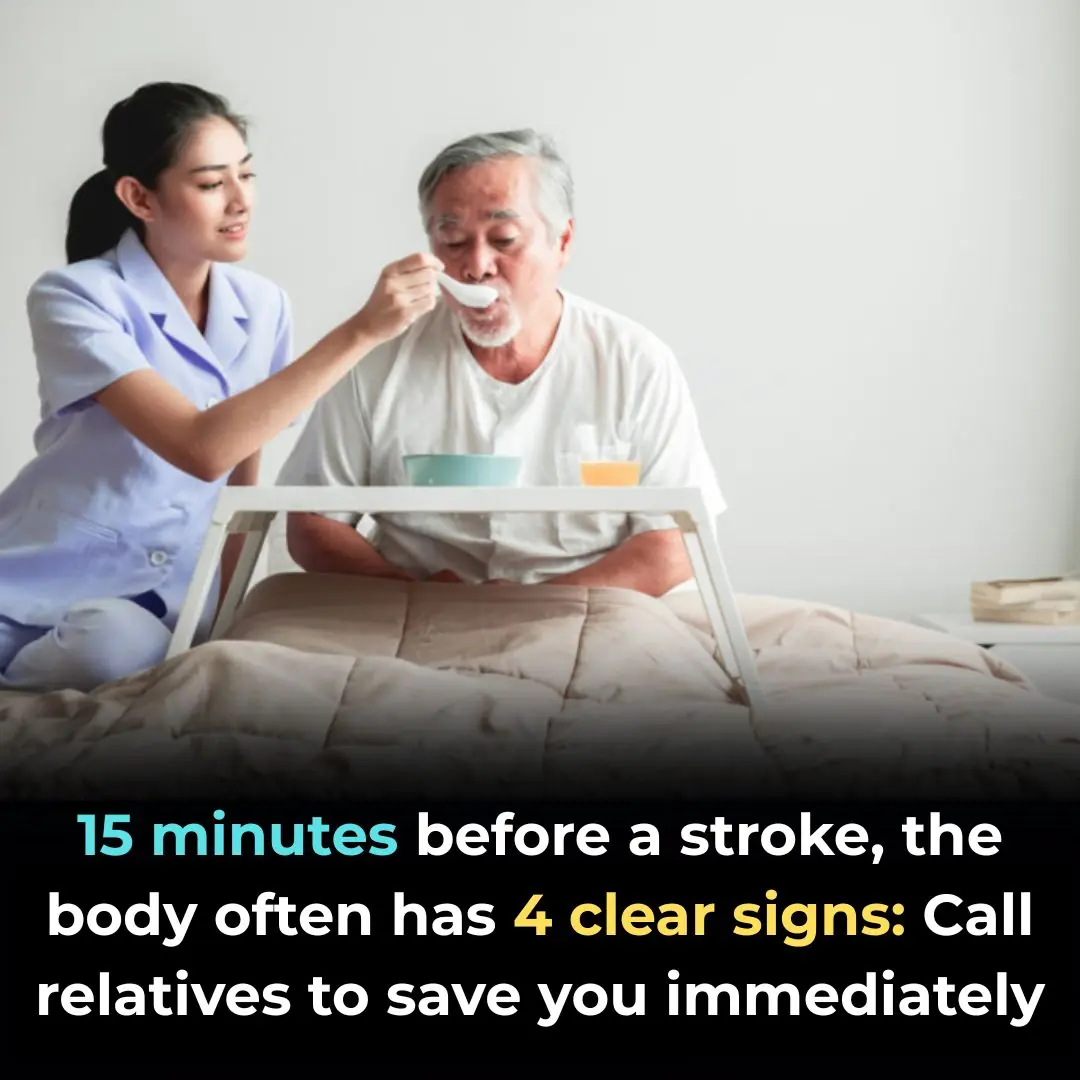
4 Clear Signs That Appear 15 Minutes Before a Stroke: Call for Immediate Help

Alarming Study Links Eating Ramen Often to Early Death

3 Ways to Stop Acid Reflux Naturally
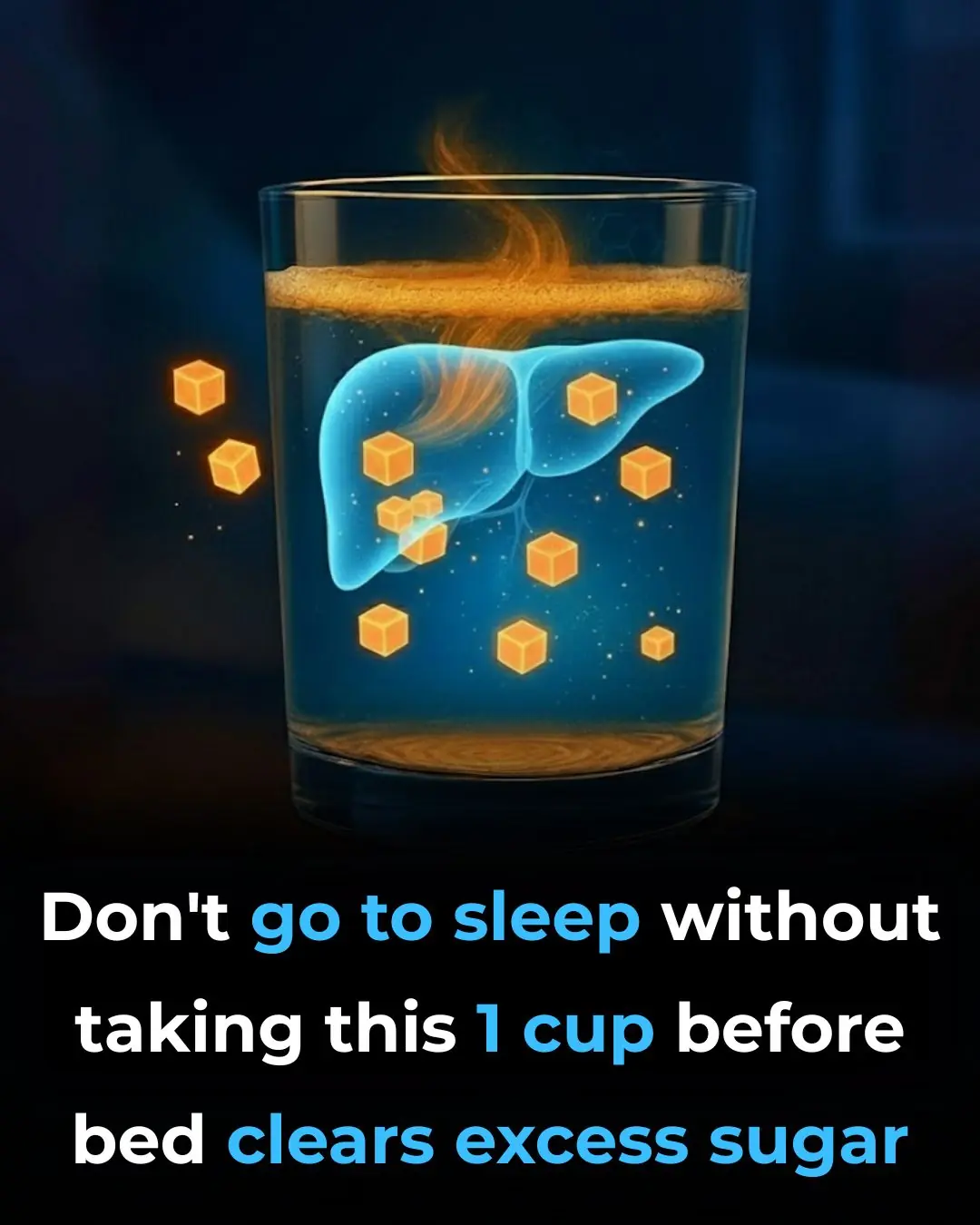
Don’t go to sleep without taking this — 1 cup before bed clears excess sugar

Warning to People Who Regularly Walk Around Their Homes Barefoot
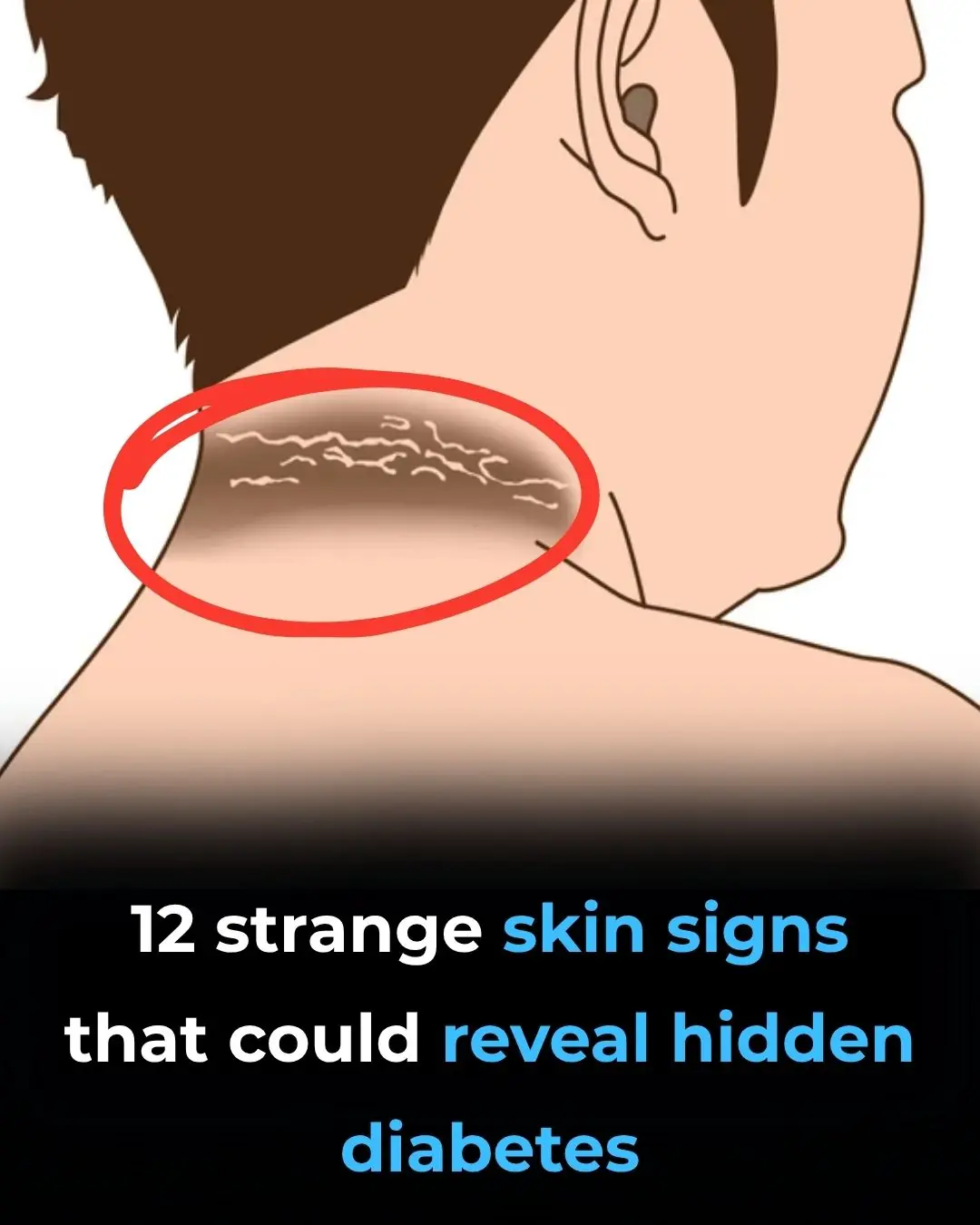
12 Weird Diabetes Skin Problems You Need To Know

Doctors REVEAL that guava leaf tea causes in...
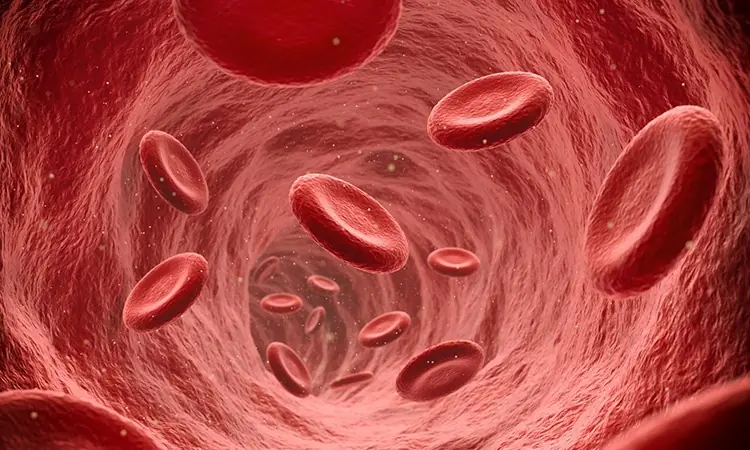
Simple Ways to Lower Cholesterol Naturally

10 Simple Lifestyle Changes That Drastically Reduce Your Stroke Risk

Ginger and Red Date Tea: The 97-Year-Old Grandma’s Secret Longevity Drink

How to Remove Age Spots Naturally with Lemon Juice

Molasses Stops Insulin Resistance Almost Immediately — Here's How to Use It

15 Silent Signs You’re Dangerously Low on Vitamin B12

The Potassium Powerhouse: What Eating Bananas Daily Does to Your Blood Pressure
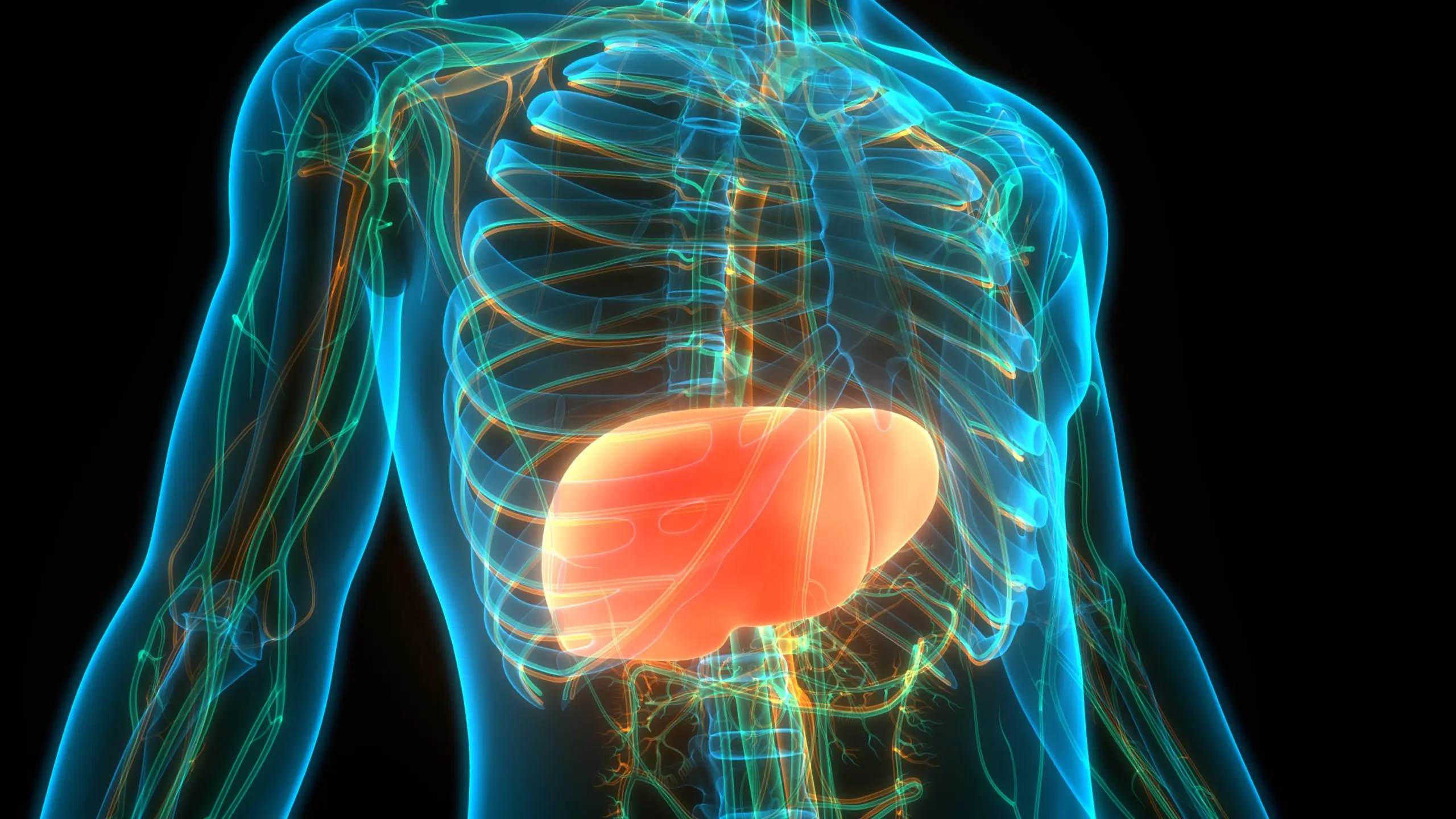
A Powerful Two-Ingredient Mixture for Cleansing Your Liver
News Post

Researchers Turn Festival Wristbands into a Shield Against Drink Spiking

Your Body Will Change In Unexpected Ways When You Eat 2 Eggs Daily

Emmerdale fans 'work out' what's really wrong with Moira Dingle after collapse

Give President Trump Nobel Peace Prize, Israeli Hostage Families Urge

HOW TO QUICKLY REMOVE URIC ACID CRYSTALLIZATION FROM YOUR BODY TO PREVENT GOUT AND JOINT PAIN

Drink 1 of these 5 drinks every morning and cancer will stay away 👇👇

McFly star Harry Judd's wife Izzy opens up on their child's difficult health condition

Red beetroot: "Miracle drug" that cures many diseases but not everyone knows 👇👇

The refrigerator gasket is moldy, use this to clean it, it will be clean in just 5 minutes

How to make chicken mixed with Vietnamese coriander that the whole family will love

The fruit that grows in gardens and is rarely eaten turns out to be an autumn 'miracle drug', better than ginseng and bird's nest.

It's been a long time since I've seen this plant. It has good effects but is hard to find.

5 types of water good for your kidneys: Especially the first type, it's free and the more you drink it, the longer you live.

How to wash hair with betel leaf water helps reduce hair loss and makes new hair grow continuously

Bill Belichick trying to ‘find the leak’ with reports of UNC dysfunction spreading

Mike Francesa misses Yankees watch party for ‘emergency’ surgery

Taylor Swift’s floral ‘Late Night With Seth Meyers’ outfit is covered in Easter eggs

When to Worry About Veins That Appear Out of Nowhere
